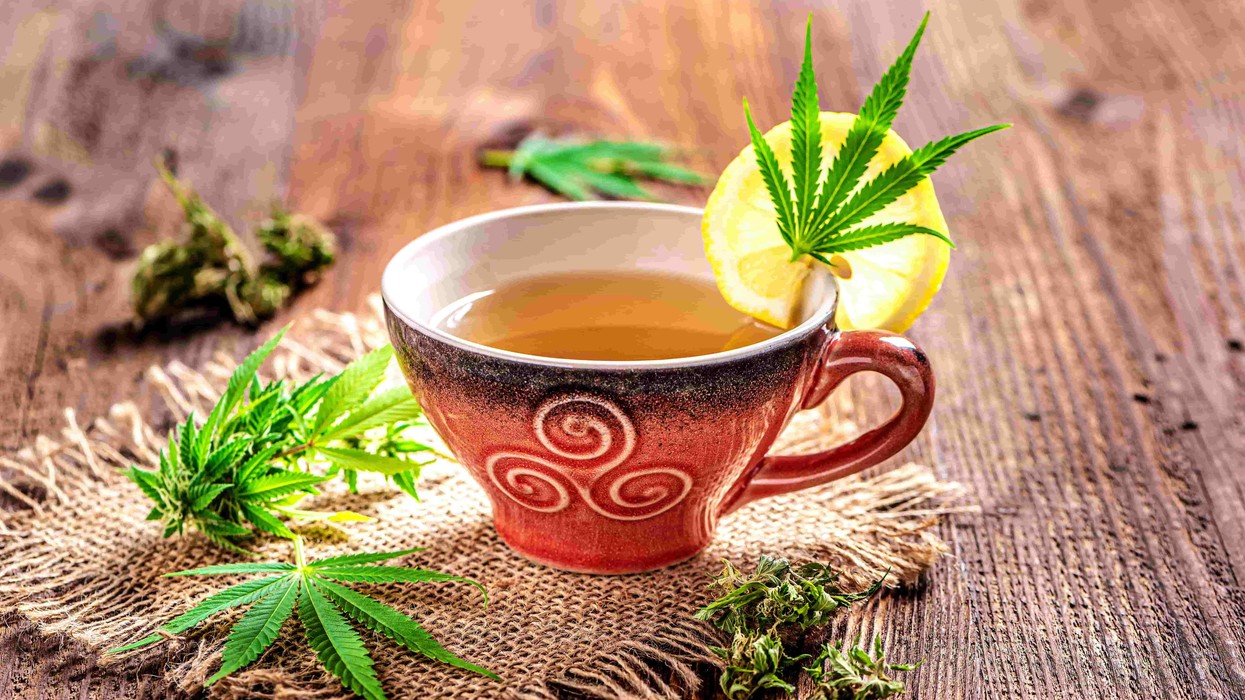For over 20 years, researchers have studied the connection between cannabis use and Parkinson’s disease.
As marijuana legalization has become widespread, experts have analyzed the research and have come to mixed conclusions.
According to US News, experts found that Parkinson’s symptoms can be exacerbated by the typical side effects of marijuana. Cannabis use can cause diminished balance and drops in blood pressure, this is dangerous for people with Parkinson’s disease as they are predisposed to impaired movement and low blood pressure. Additionally, marijuana can increase muddy thinking and hallucinations.
While marijuana can augment negative symptoms, scientists believe it can help with symptoms like muscle and joint pain, anxiety, and insomnia.
US News spoke with James Beck, Senior Vice President of the Parkinson’s Foundation, to obtain more information:
If someone is looking to experiment, [pain, anxiety and insomnia] are reasonable things to think cannabis might be helpful for. But it's not going to help them with their tremors or the progression of their Parkinson's disease.
James Beck
According to the publication, Parkinson’s patients that use marijuana should begin with small doses and increase the quantity depending on how they are affected by the drug.
Get the full story at US News.


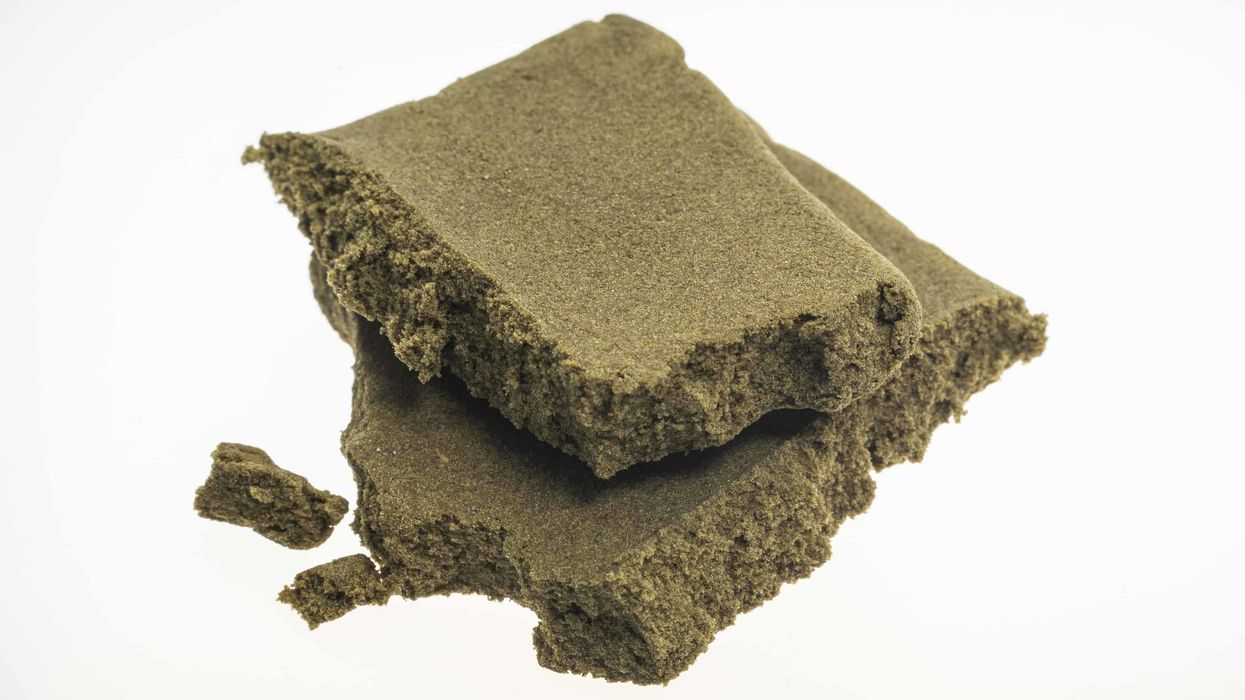


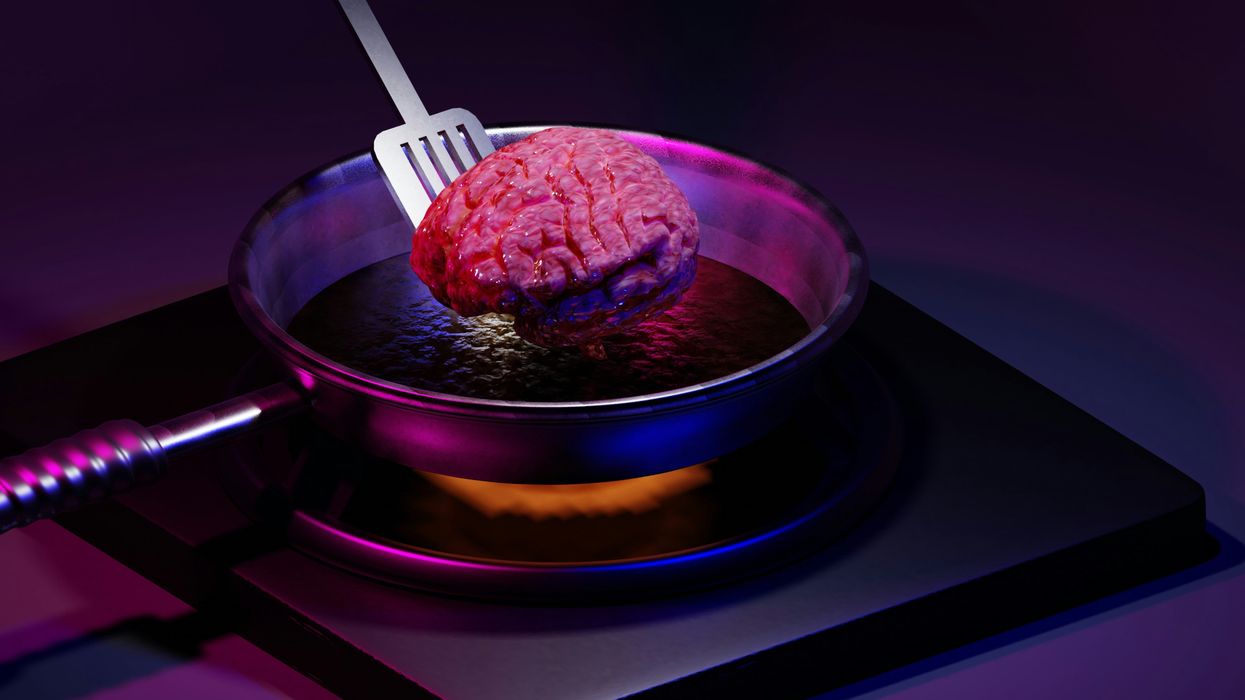

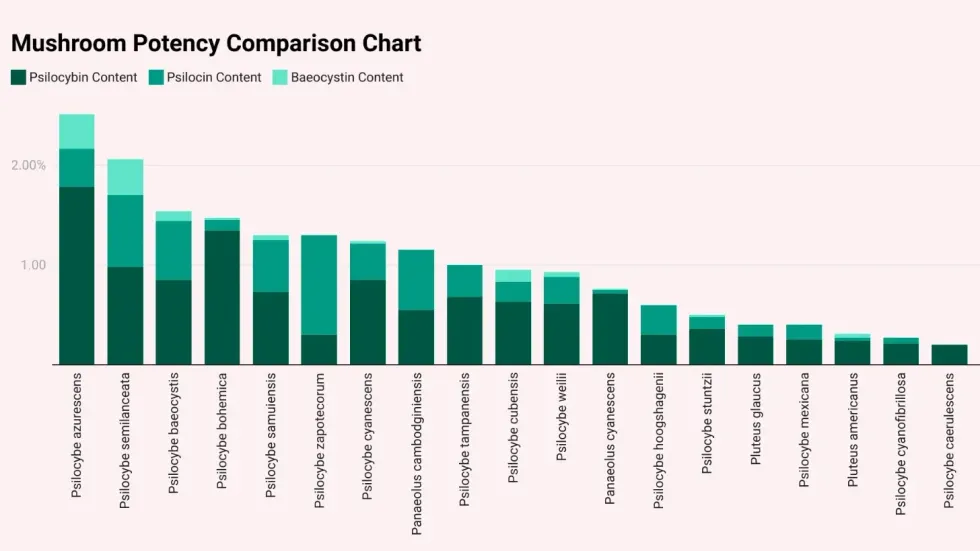 List of the strongest mushroom speciesTripsitter
List of the strongest mushroom speciesTripsitter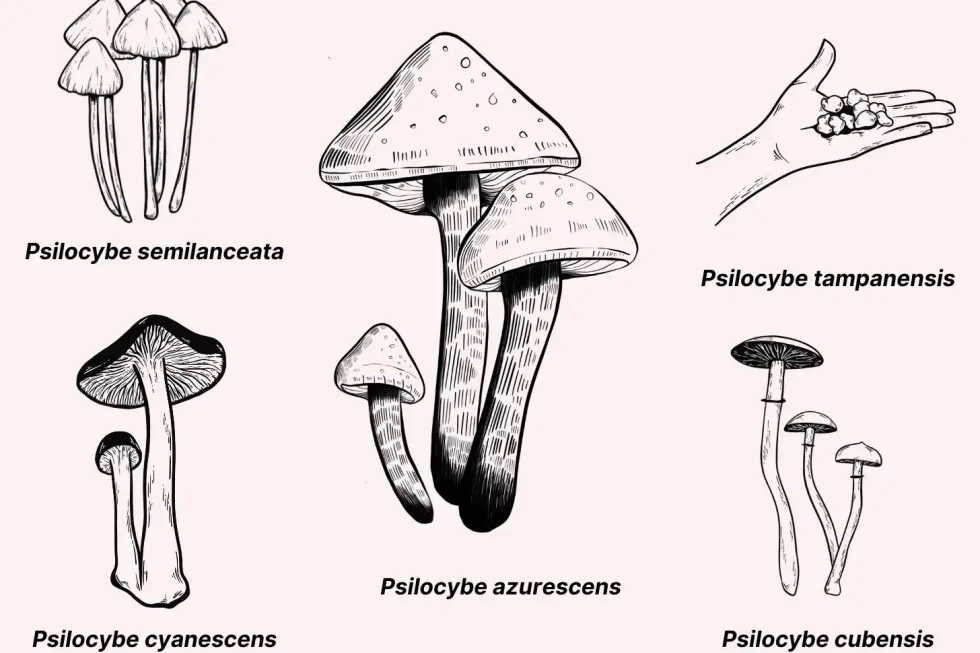 PsilocybeTripsitter
PsilocybeTripsitter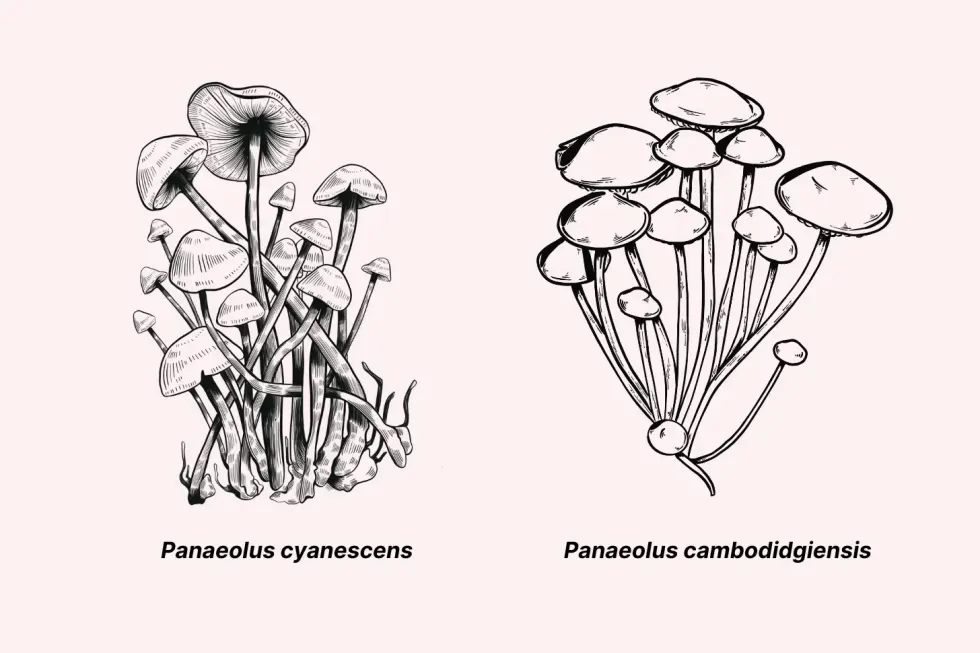 Panaeolus: This species contains (at least) 13 psychoactive members. They’re generally considered weaker than Psilocybe mushrooms and produce significantly lower yields when cultivated.Tripsitter
Panaeolus: This species contains (at least) 13 psychoactive members. They’re generally considered weaker than Psilocybe mushrooms and produce significantly lower yields when cultivated.Tripsitter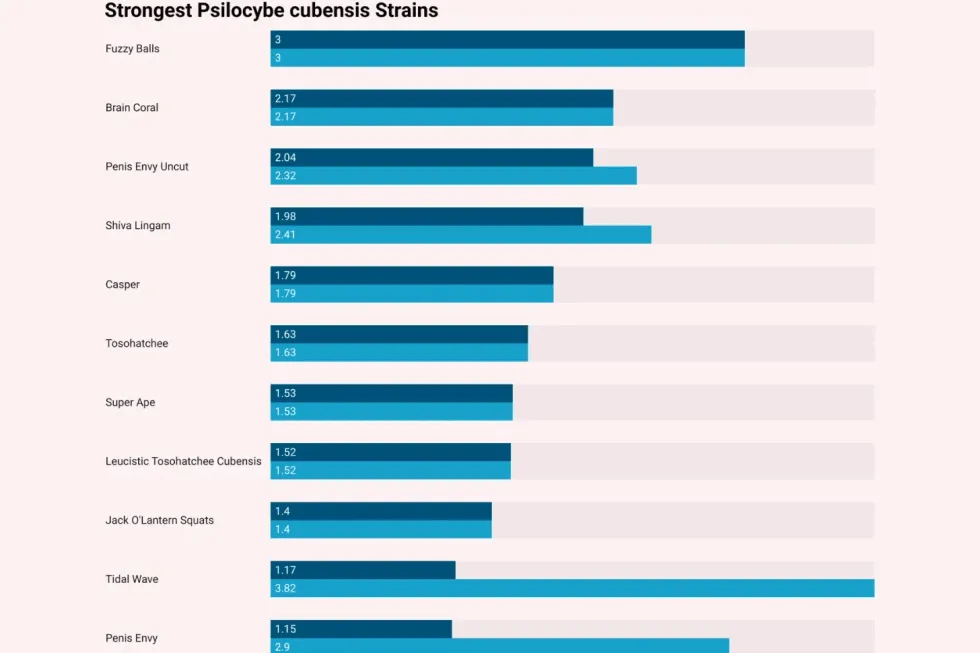 List of the strongest magic mushroom strainsTripsitter
List of the strongest magic mushroom strainsTripsitter
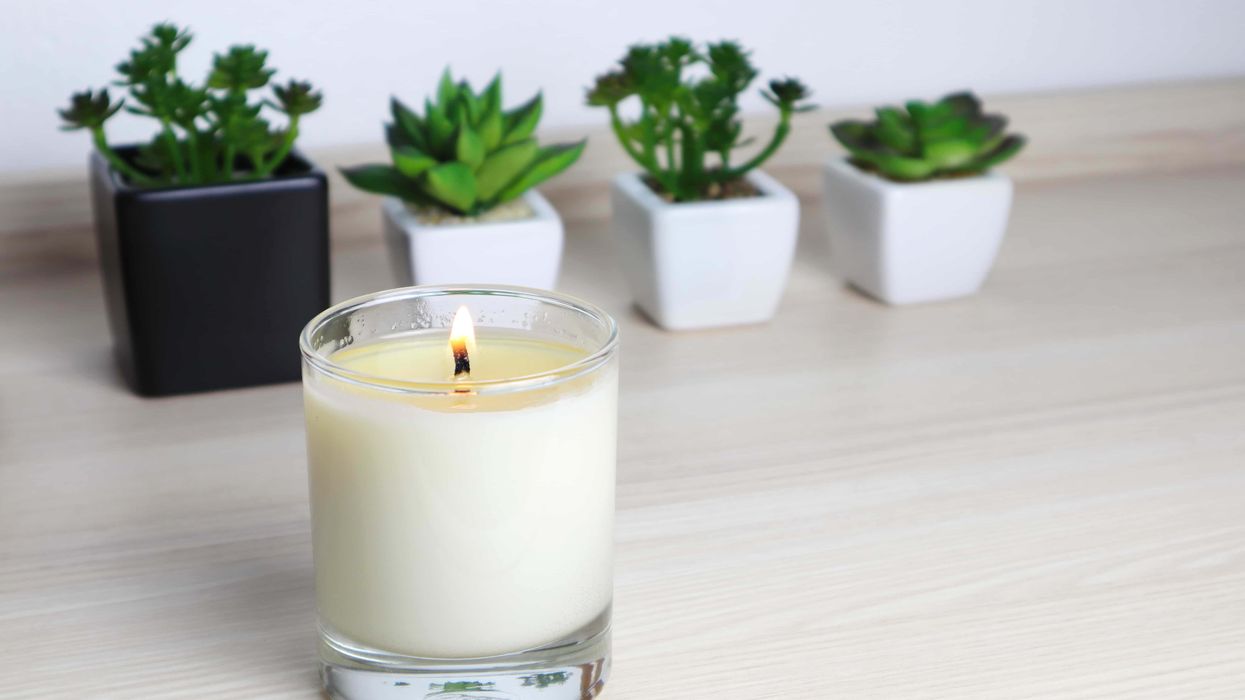





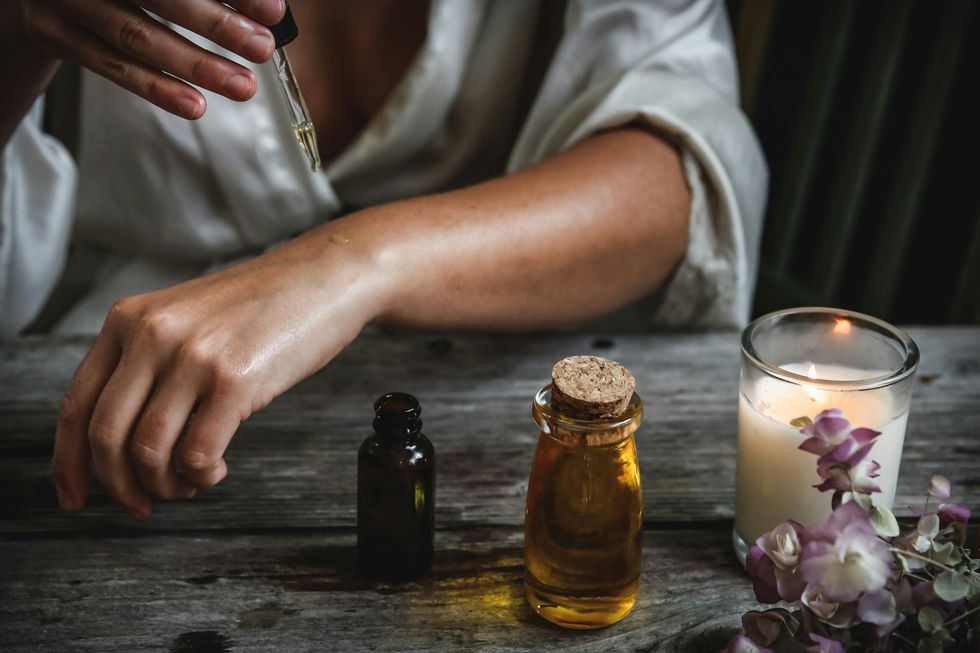 The Holistic Health Benefits of Cannabis - The Bluntness
Photo by
The Holistic Health Benefits of Cannabis - The Bluntness
Photo by 

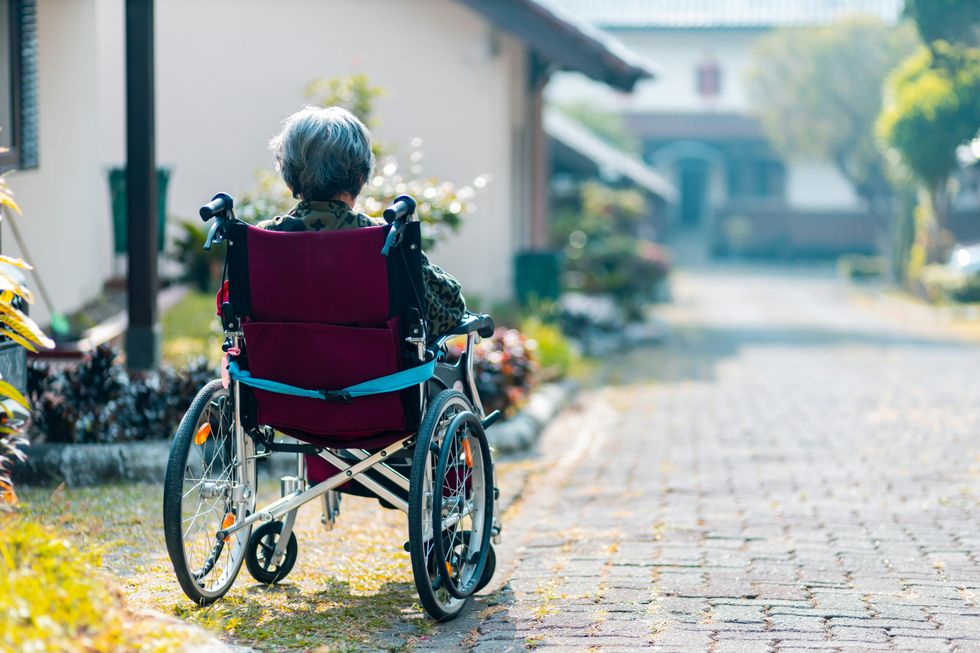 How Cannabis is Easing Dementia Symptoms and Changing Lives - The Bluntness
Photo by
How Cannabis is Easing Dementia Symptoms and Changing Lives - The Bluntness
Photo by 